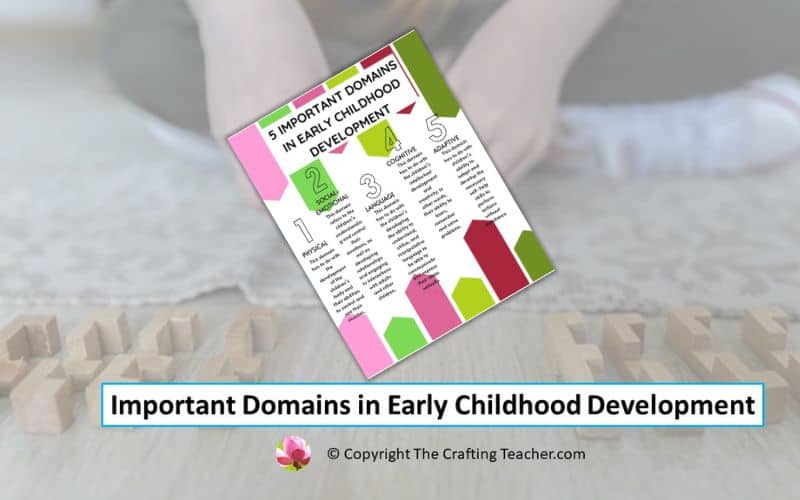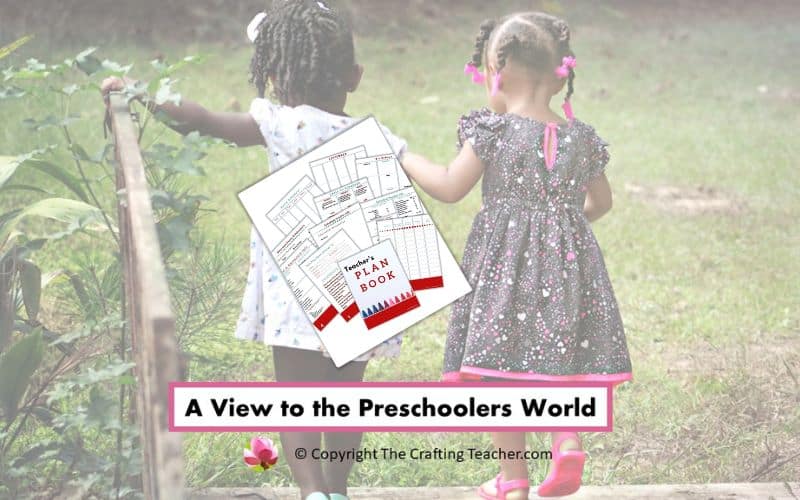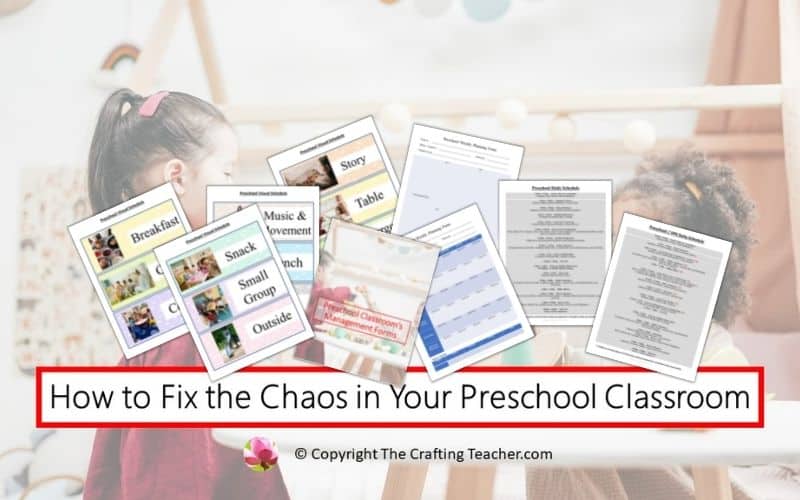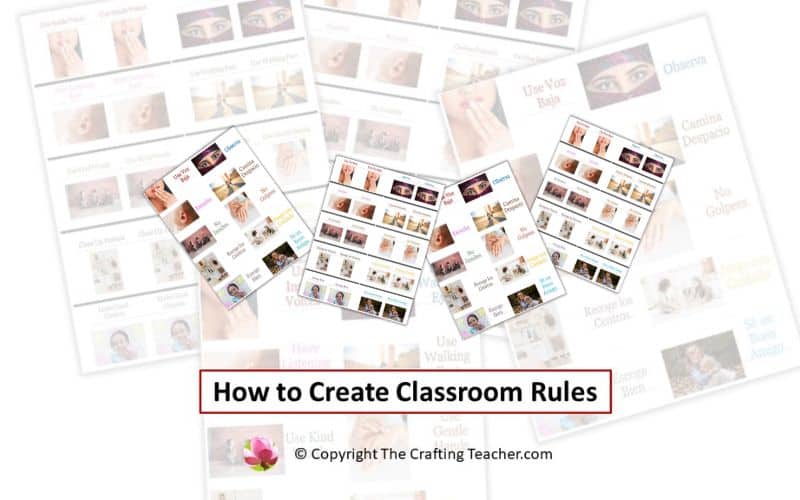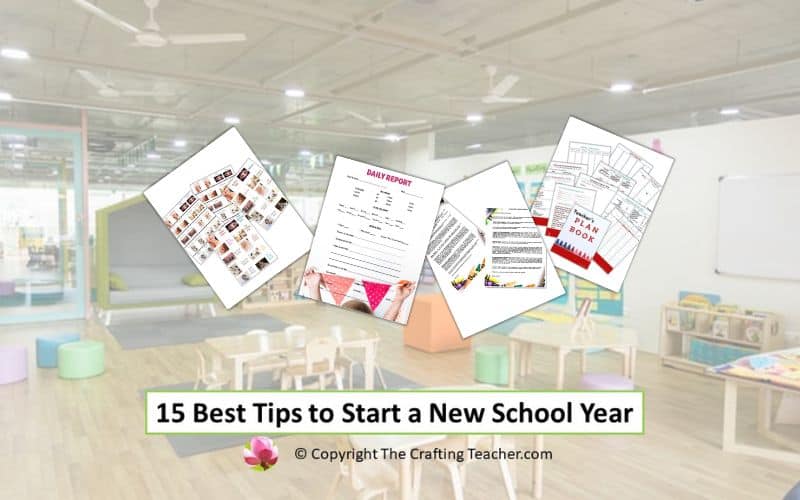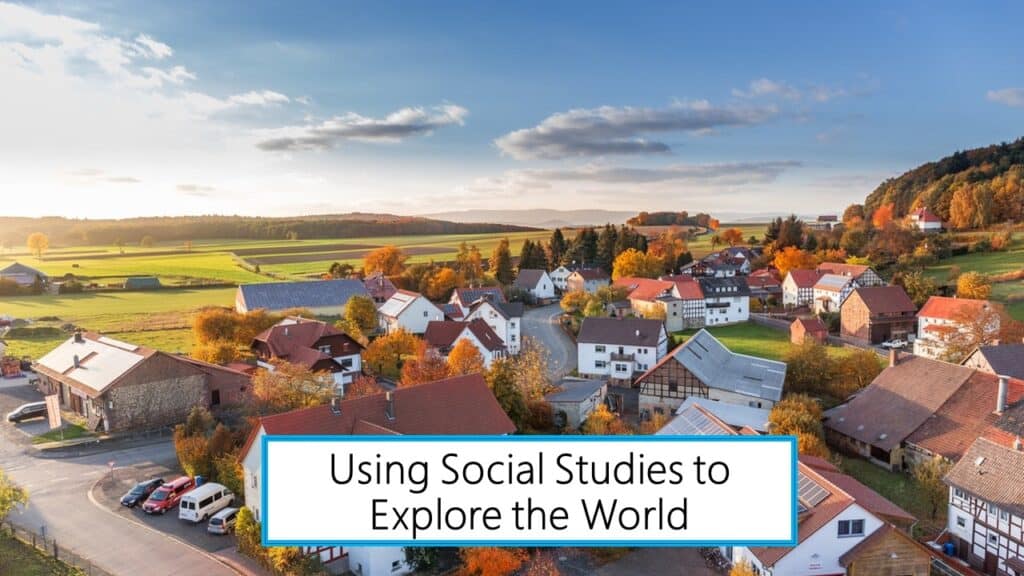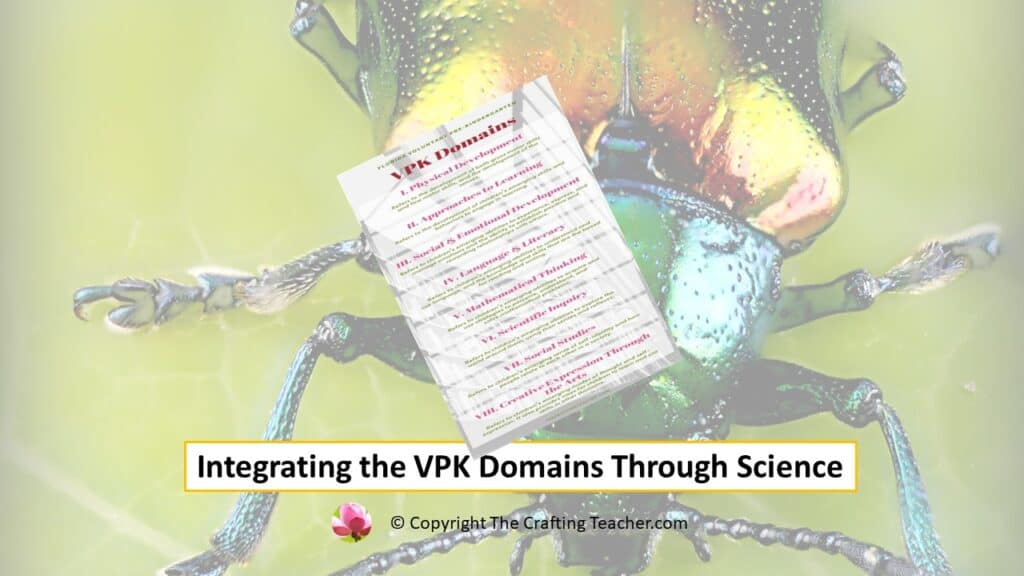Important Domains in Early Childhood Development
Affiliate Disclosure: “This post contains affiliate links, which means I receive a small commission, at no extra cost to you, if you make a purchase using those links.”
From the moment children are born they start developing in different areas. It is important to know that 80 percent of children’s brains form during the first three years, and continue to mature until they are 26 years old. That is why the successful completion of these developmental milestones will be key for children to reach their full potential when they reach adulthood.
There are obvious areas that we can see such as physical development, but this area is only one of the five major areas of development. The different aspects of children’s development are grouped into what are called “domains”. These domains are physical, cognitive, socioemotional, communication, and adaptive.
Children do not necessarily develop the same areas at the same time, but there are certain key milestones that each child should develop as they grow. That is why, it is important that teachers and parents of young children get familiar with these domains, to be able to notice, or at least suspect, when a certain area is deficient, to be able to get the help that a child might need.
Domains in Child Development
The five major domains in early childhood are physical, social-emotional, language, cognitive, and adaptive.
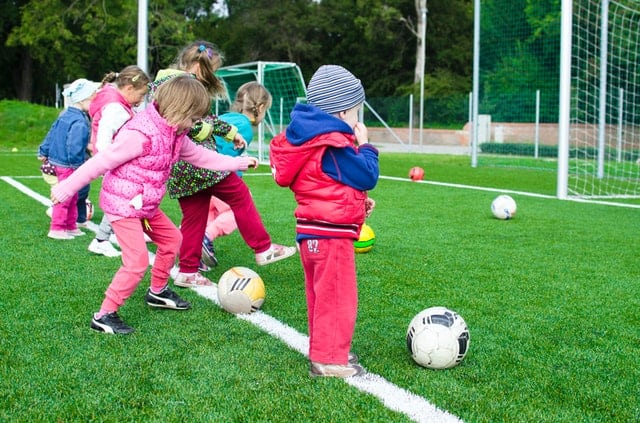
Physical Domain
This domain has to do with the development of the children’s body and their abilities to control and use their muscles. It includes the children’s growth and strength, the development and use of their senses, and also their ability to perform tasks such as movement, balance, reaching, grasping, catching, and walking, among others.
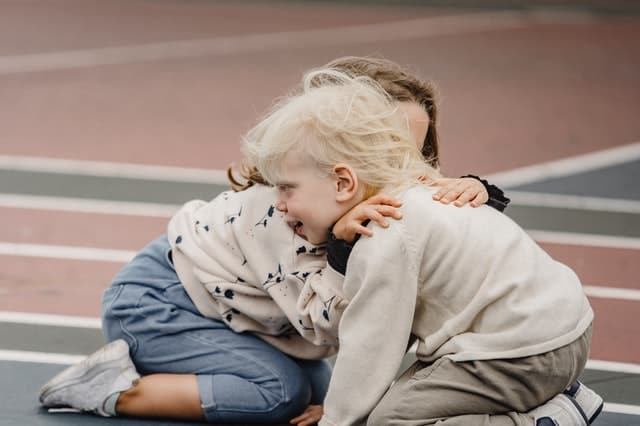
Social-Emotional Domain
This domain refers to the children’s understanding and control of their emotions, as well as developing relationships and engaging in interactions with adults and other children, and the development of appropriate social behaviors such as taking turns, sharing, playing with others, caring, and accepting and respecting others, among other things.
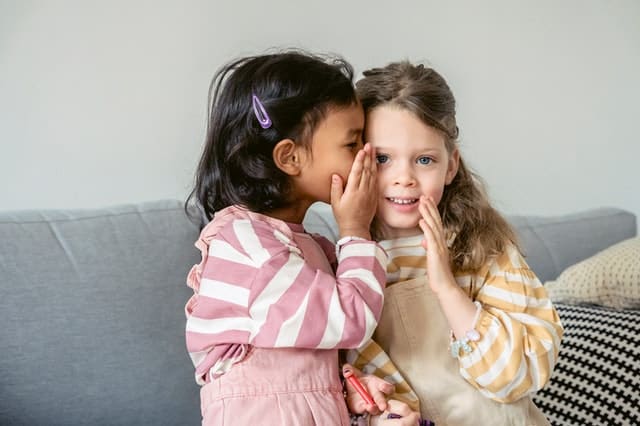
Language Domain
This domain depends on the other developmental domains and has to do with the children’s developing the ability to understand, utilize, and manipulate language to be able to communicate and express their ideas verbally.
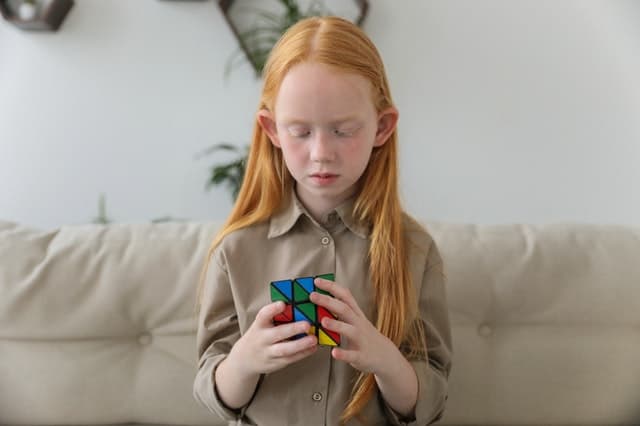
Cognitive Domain
This domain has to do with the children’s intellectual development and creativity; in other words, their ability to learn, remember, and solve problems. Children must be allowed to explore things they are curious about and play with blocks puzzles, and board games that will make them develop their reasoning, and encourage them to think and expand their thought processes by asking them open-ended questions and providing them opportunities to learn through trial and error and performing challenging tasks.
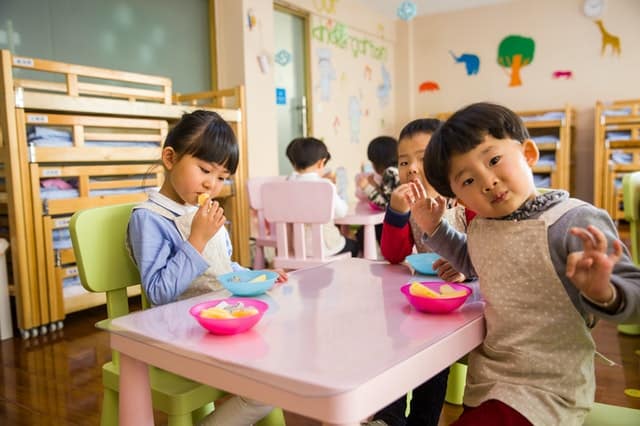
Adaptive Domain
This domain has to do with children’s ability to adapt and develop the necessary self-help skills to perform actions without assistance such as dressing, feeding themselves, going to the bathroom, and washing, but also the ability to adapt to new situations and environments.
Which domain is more important?
The most important domain is ALL of them. For children to be able to develop and grow with all the necessary skills they need to be successful in life and develop to their full potential, they need to be fully developed in all these domains.
The domains not only interlink and depend on each other but also a good amount of activities overlap and are related to multiple domains at the same time.
Here is an example of how these domains interlink:
The children need to develop their muscles (physical domain/gross motor) to be able to grasp a spoon (physical domain/fine motor) to feed themselves (adaptive domain/self-help), and if they want some more, they have to ask for it (language domain).
Activities to Help Children Develop in All the Domains
It has been demonstrated that a rich environment helps children develop better and more completely. Adults around children must interact with them in a positive, and active way, having conversations and doing different types of activities with them, such as playing, singing, cooking, dancing, and going on nature walks, among others.
It is important that children are given the opportunity to explore, experiment, and socialize, especially going outside to have fun, instead of watching TV, to help them develop properly in all the areas, and they do it mostly through play.
Why is playing important?
Playing is one of the most important activities that a young child should do. After all, it allows proper development in all the domains because it has many benefits and gives children the opportunity to develop multiple skills in all areas. Some of the benefits of play are:
- Encourage them to learn and use new vocabulary.
- Help them develop problem-solving skills.
- Teach them how to share and collaborate.
- Gives them the opportunity to build up their self-esteem.
- Allows them to control their emotions.
- Helps them work on being independent.
- Encourage them to use their imagination.
- Helps them develop planning skills.
- Helps them develop gross motor and fine motor skills.
Importance of Knowing the Domains
Knowledge is power, and the only way that a person, teacher, or parent will be able to observe and detect if there is an area of concern, is to know what to look for. Even when is true that not all children mature or develop in the same areas at the same time, there are certain skills that every child should develop at a certain age.
For preschool teachers
Preschool teachers should take anecdotal notes when observing and assessing their children’s performance, to know their strengths and areas of potential growth in all the domains and what they might be learning next, to be able to cater to each child’s needs through individual lesson plans to help them develop to their optimal abilities, and possibly detect any potential disability that might be necessary to address and make more specific recommendations.
For preschool parents
It is also very important that parents know what to look for at each stage of development of their children, what to expect, and what activities they can do at home to help their children develop to their full potential. Remember what I said before, the richer the children’s environments are the better and more complete they will develop. Also, it is very difficult for a teacher to tell a parent that his or her child is behind in this or that and should be tested for any type of disability. No parent wants to hear that, but it makes a huge difference in a child’s life when he or she received specialized care at a young age.
Final Thoughts
Since most children’s brain develops so early, the amount and type of experiences they have during those first years in their lives will have a tremendous and irreversible impact on how their brains will develop.
In my following posts, I’m planning to talk about each of the domains separately to give you more details about each of them. In the meantime, you must observe your children, take anecdotal notes and give them plenty of opportunities to do all the activities I mentioned before.
Remember that not all children develop at the same time, but they should develop certain skills at some point, and even when it’s not good to obsess over this, it is important to be aware of what is expected in your children’s different stages of development, to be able to help them, if it’s needed.
And since I find infographics very useful to have important information handy, please receive the following one completely FREE as my gift to you. Just click on the link below to get it.
Be happy, safe, and creative. I wish you well.
Love,

P.S. Please let me know if this activity works for you, and if you would like to see an article or a printable about how to make something specific, please let me know and I will try my best to create it for you. My goal is to help you in any way I can and I don’t like anything better than to post something that you might find useful.

